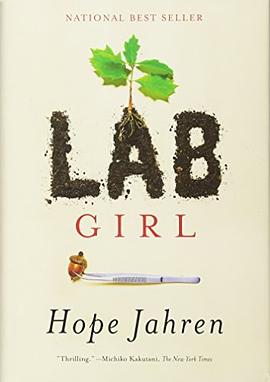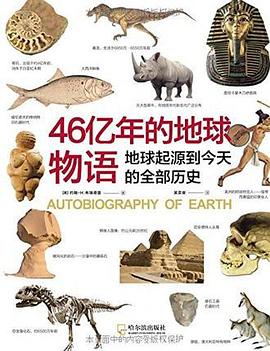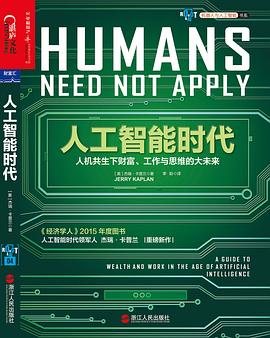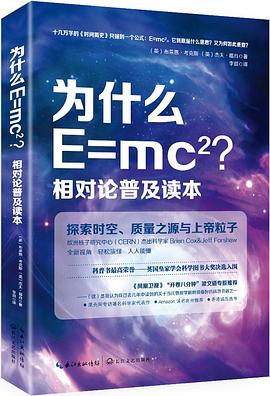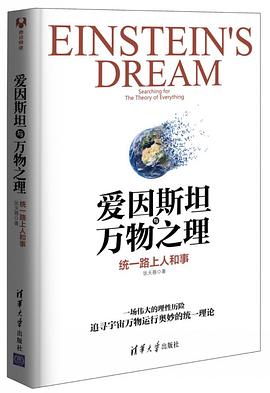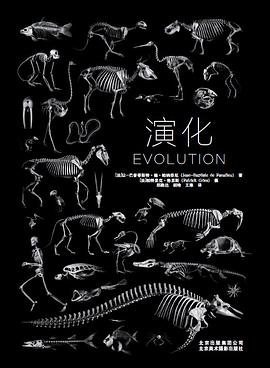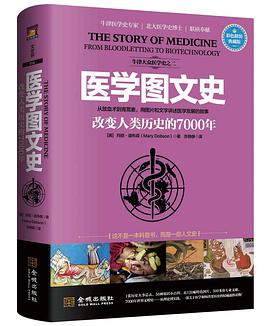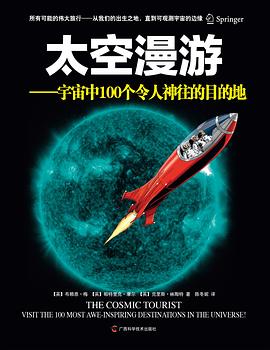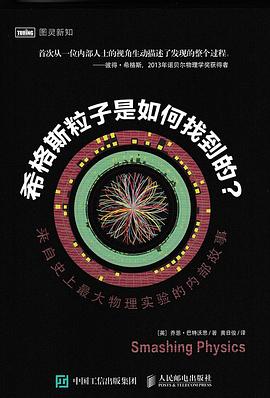

具体描述
From the Pulitzer Prize-winning, bestselling author of The Emperor of All Maladies—a magnificent history of the gene and a response to the defining question of the future: What becomes of being human when we learn to “read” and “write” our own genetic information?
The extraordinary Siddhartha Mukherjee has a written a biography of the gene as deft, brilliant, and illuminating as his extraordinarily successful biography of cancer. Weaving science, social history, and personal narrative to tell us the story of one of the most important conceptual breakthroughs of modern times, Mukherjee animates the quest to understand human heredity and its surprising influence on our lives, personalities, identities, fates, and choices.
Throughout the narrative, the story of Mukherjee’s own family—with its tragic and bewildering history of mental illness—cuts like a bright, red line, reminding us of the many questions that hang over our ability to translate the science of genetics from the laboratory to the real world. In superb prose and with an instinct for the dramatic scene, he describes the centuries of research and experimentation—from Aristotle and Pythagoras to Mendel and Darwin, from Boveri and Morgan to Crick, Watson and Franklin, all the way through the revolutionary twenty-first century innovators who mapped the human genome.
As The New Yorker said of The Emperor of All Maladies, “It’s hard to think of many books for a general audience that have rendered any area of modern science and technology with such intelligence, accessibility, and compassion…An extraordinary achievement.” Riveting, revelatory, and magisterial history of a scientific idea coming to life, and an essential preparation for the moral complexity introduced by our ability to create or “write” the human genome, The Gene is a must-read for everyone concerned about the definition and future of humanity. This is the most crucial science of our time, intimately explained by a master.
作者简介
Siddhartha Mukherjee is the author of The Emperor of All Maladies: A Biography of Cancer, winner of the 2011 Pulitzer Prize in general nonfiction, and The Laws of Medicine. He is the editor of Best Science Writing 2013Mukherjee is an assistant professor of medicine at Columbia University and a cancer physician and researcher. A Rhodes scholar, he graduated from Stanford University, University of Oxford, and Harvard Medical School. He has published articles in Nature, The New England Journal of Medicine, The New York Times, and Cell. He lives in New York with his wife and daughters.
目录信息
读后感
读完悉达多·穆克吉的《基因转》,被震撼到了。这本书比我读过的任何一本书都重要。 德尔斐神谕说“认识你自己”,其实我们每个人无时不刻在强化这一过程,有时通过新闻媒体,有时通过艺术作品,或者和有真知灼见的人对话,有意识或下意识地想解决我们是谁,从何而来,往何处...
评分有别于其他科学,基因相关的研究,不仅在实验室里炙手可热,普通人也很关注该领域。它的应用前景太广阔了。假基因之手,人类简直要无所不能了:今日医学界的不治之症将有法可依,改善、优化、甚至创造人类都不再遥远,难怪有人说,后人类时代将至。 果真如此吗?肿瘤专家、知名...
评分 评分人类的完美性与脆弱性均隐藏在DNA分子的编码中:只要我们学会操纵这种化学物质,那么我们将能够改写自然、治愈疾病、改变命运并且重塑未来。 ——第二部分第六章:DNA双螺旋 【当人,而非人之外的事物或某个人,成为神,具有了神的创造和毁灭力量,那时候,人的造神运动才会停...
评分基因、原子、字节、像素、纳米……等等,科学的进步不仅意味着广度,也意味着深度,这与传统文化的蒙昧已经大不相同,对中医来说,基因是不可思议的。 但古人也有他们的血统论,乃至红色基因云云。威尔逊在《社会生物学》《论人的天性》等作品中提出一个思想,即基因是一切机...
用户评价
昨天晚上看完的..mark...文笔好的我都乐意看...
评分Really eyes wide opening. We the humans as intelligent organisms who has learned to read and write our own instructions. Shelf: #textbook#????
评分《众病之王》作者的新作,非常会讲故事,用传记的方式描绘了从孟德尔和达尔文那个年代开始,人们一步一步认识基因的过程。读了之后会知道许多科学家的八卦,也知道许多基因的冷知识,也开始了解基因图谱的难点和现代基因编辑技术的逻辑。很棒的大众读物,文笔更是流畅优美。
评分昨天晚上看完的..mark...文笔好的我都乐意看...
评分关于基因的全书,对性向基因的描述挺有趣。唉,发现以前上课学过的生物课要彻底修改,这10年的进步真堪比过去100年。
相关图书
本站所有内容均为互联网搜索引擎提供的公开搜索信息,本站不存储任何数据与内容,任何内容与数据均与本站无关,如有需要请联系相关搜索引擎包括但不限于百度,google,bing,sogou 等
© 2025 book.quotespace.org All Rights Reserved. 小美书屋 版权所有






